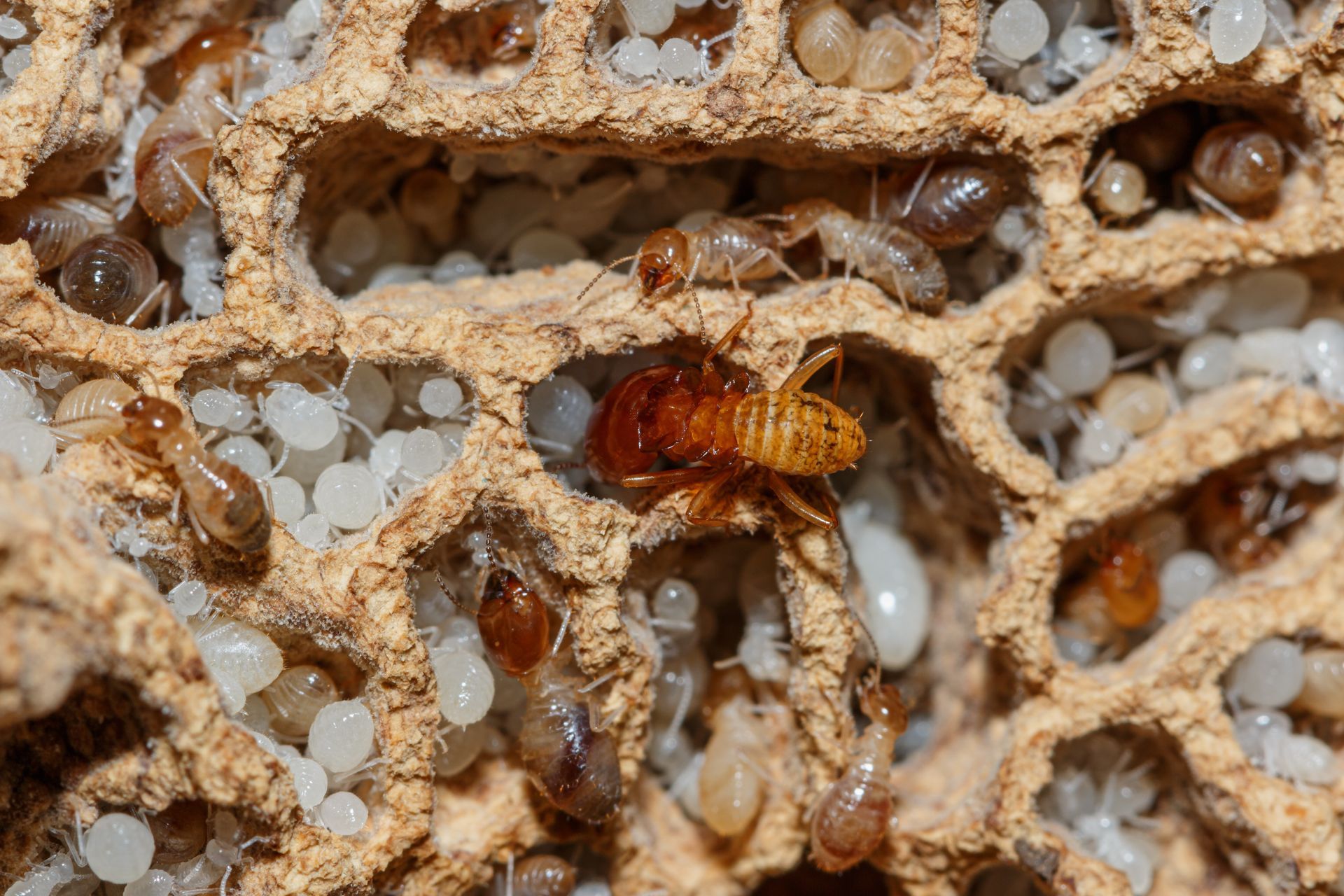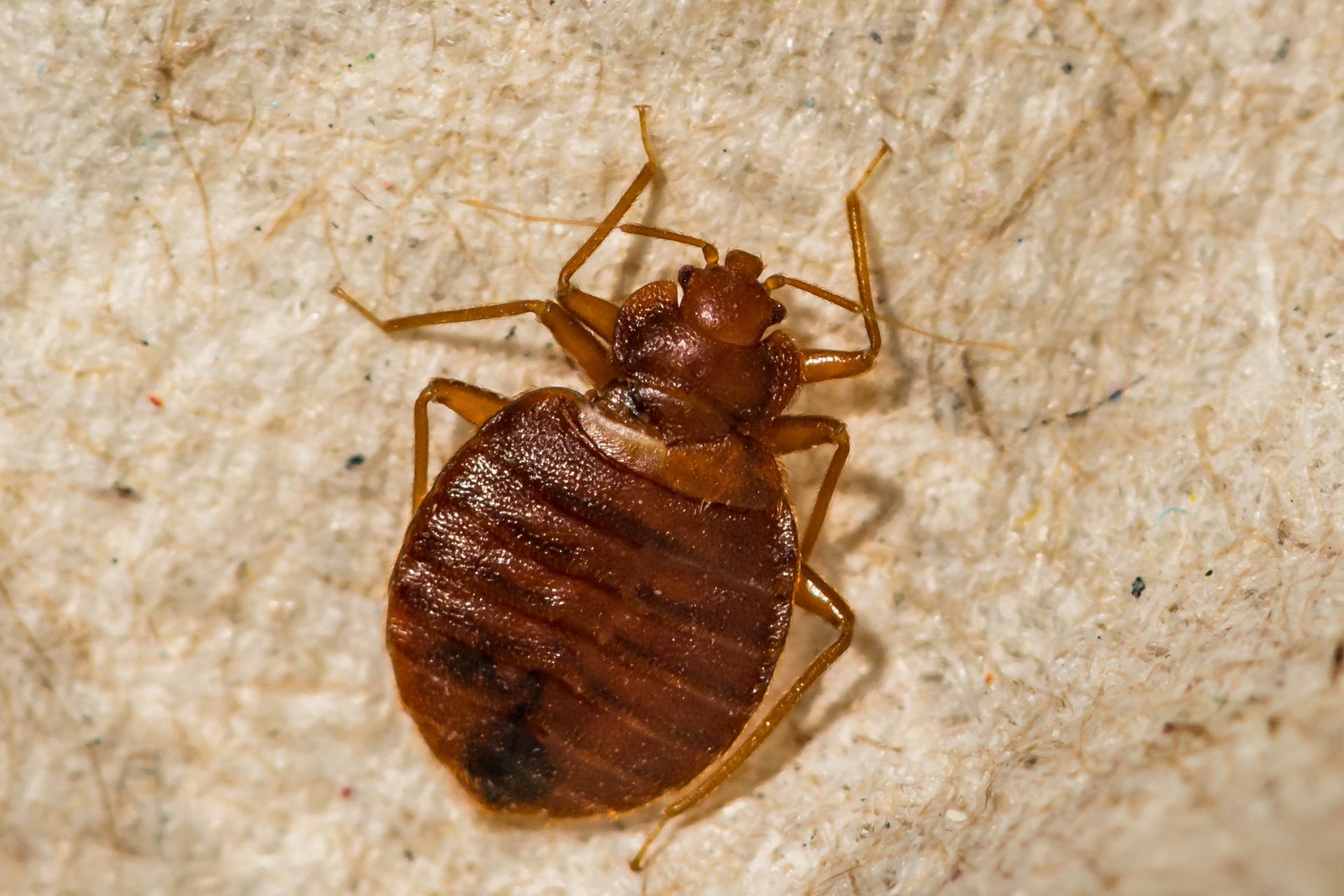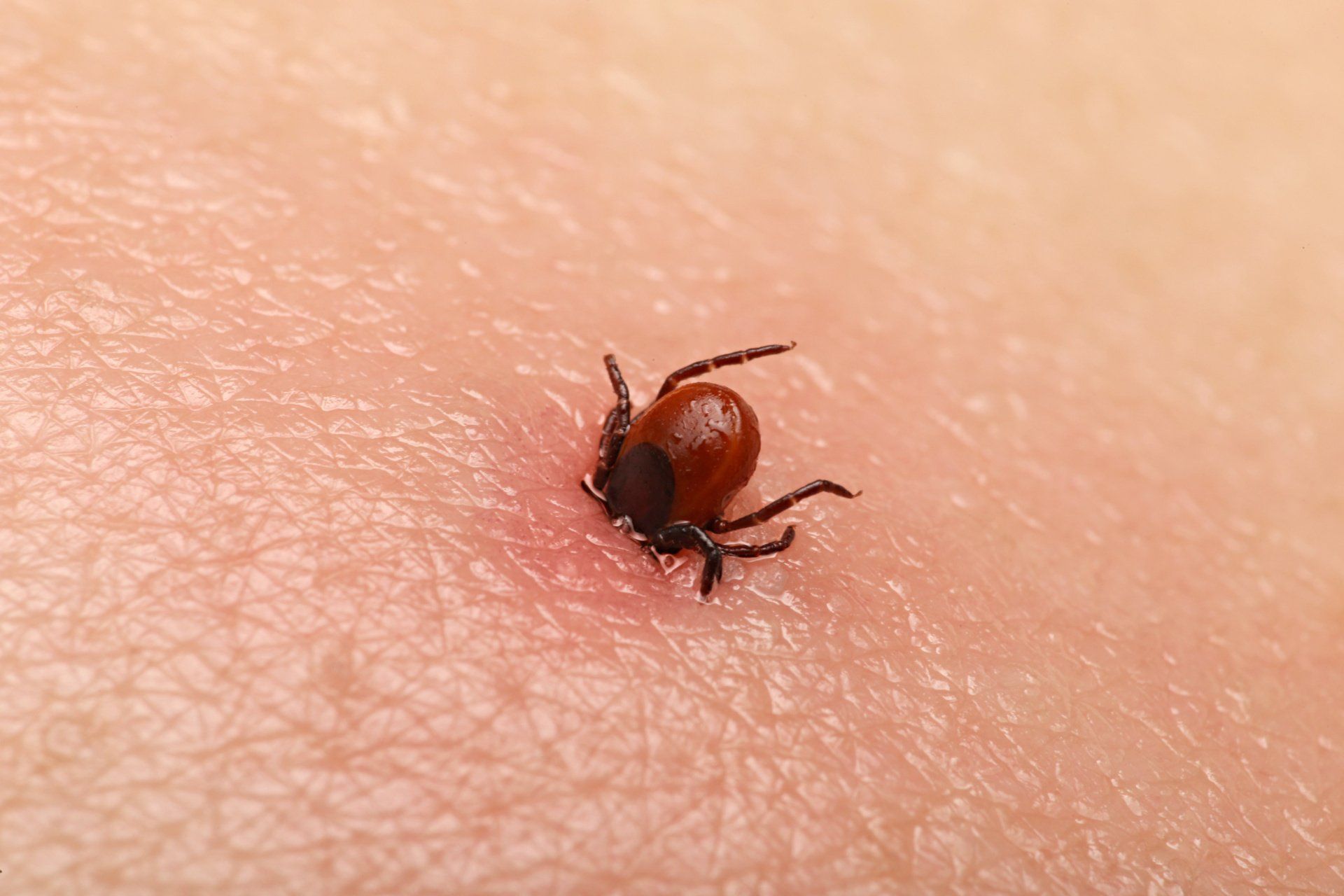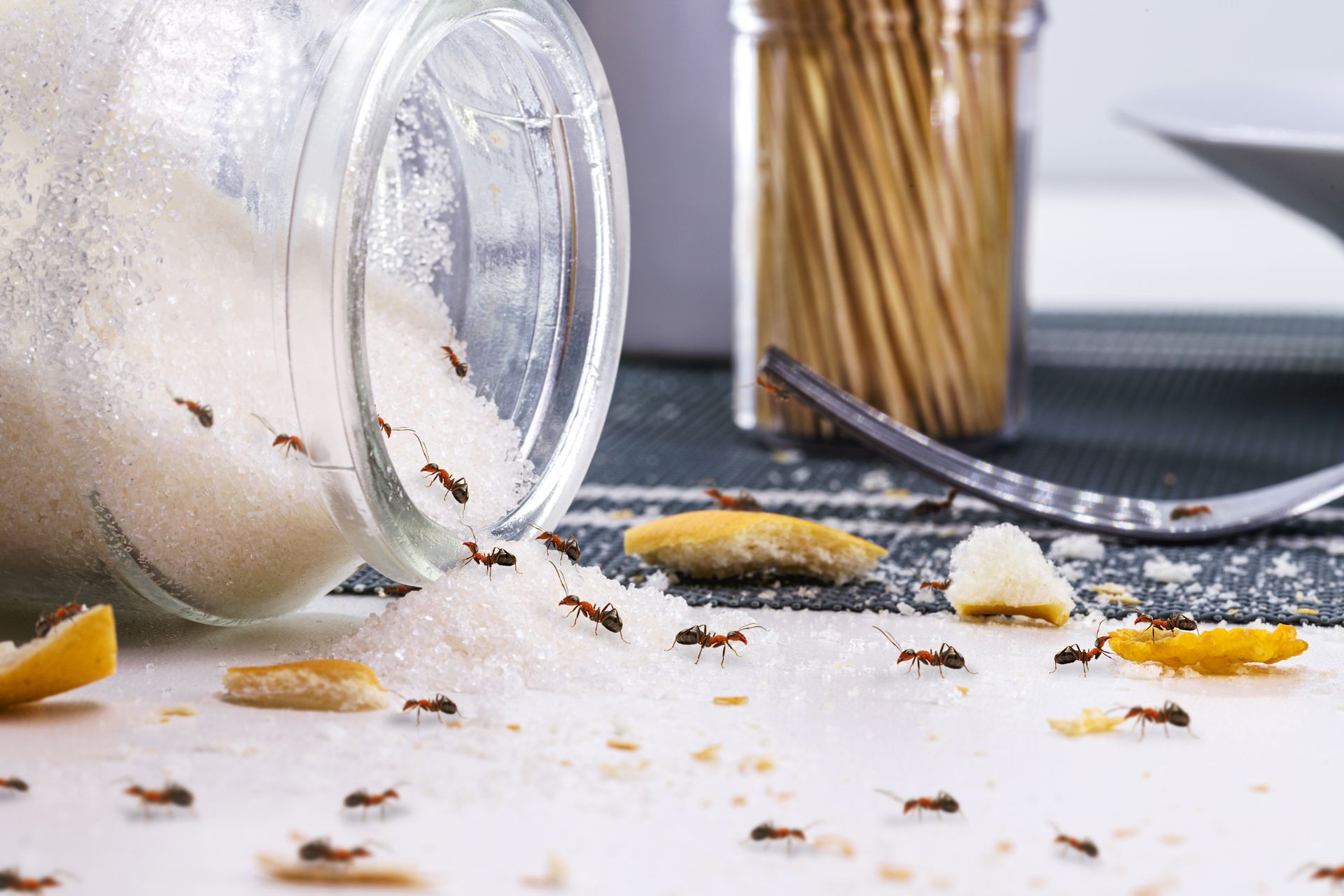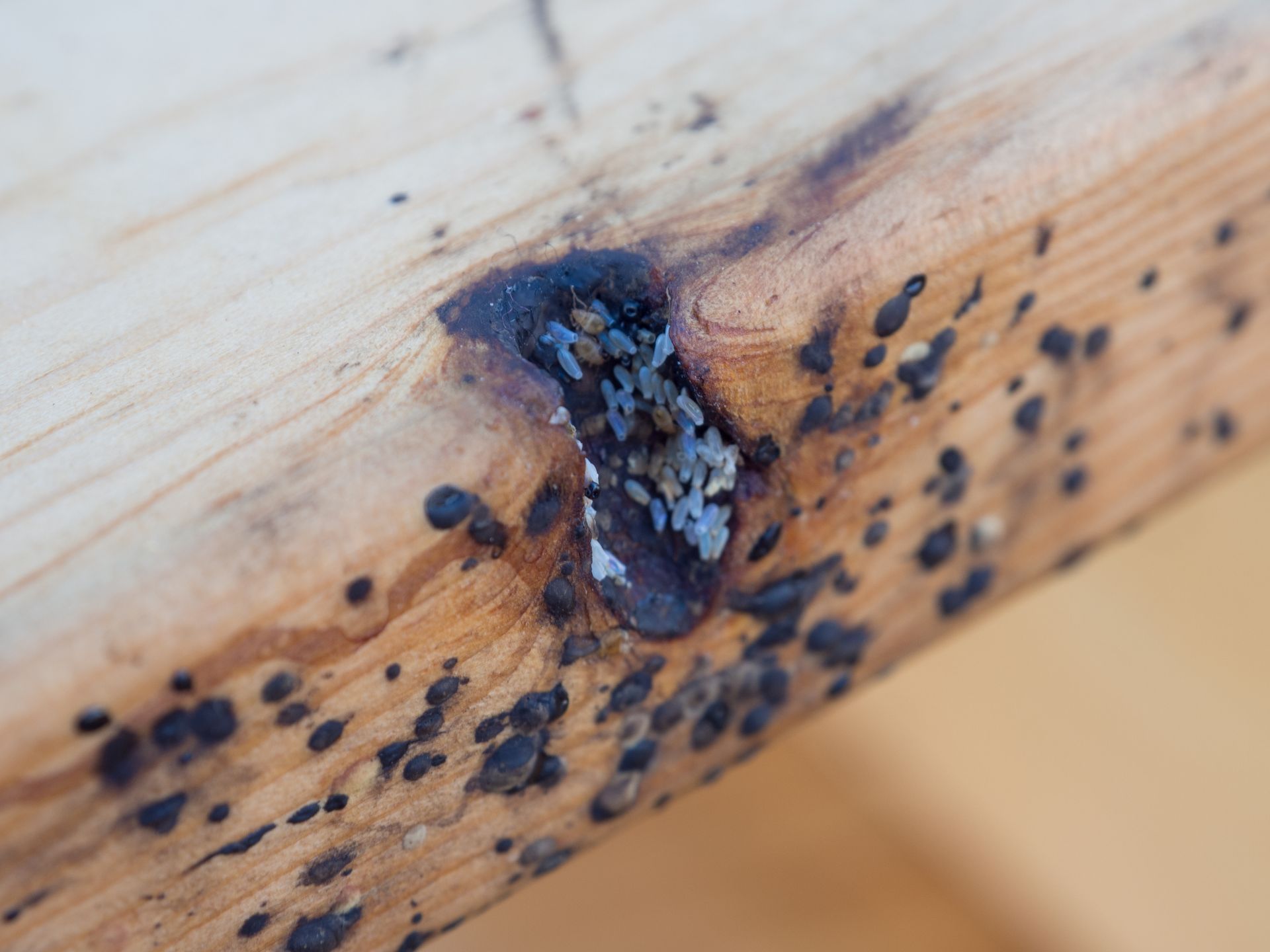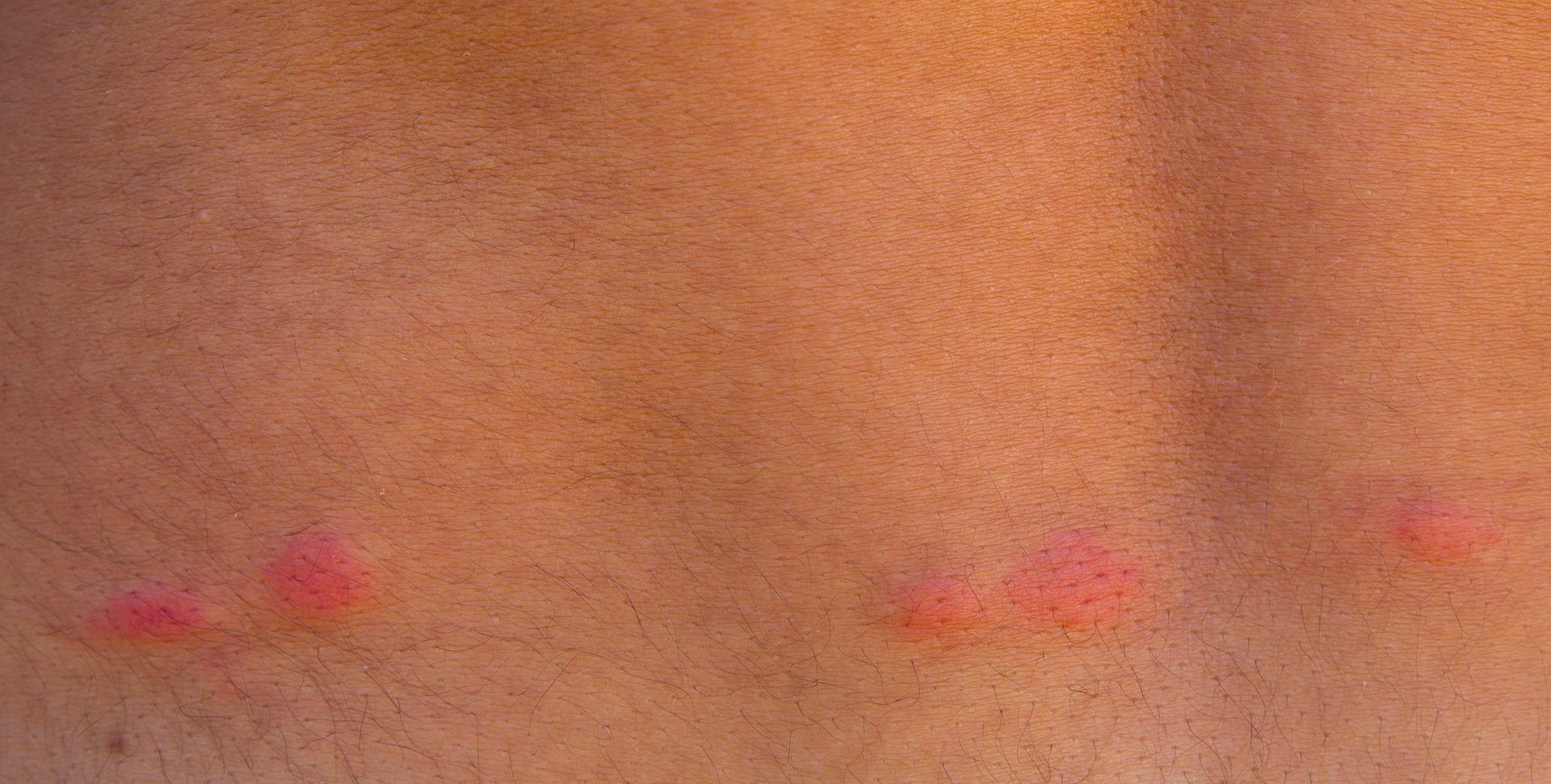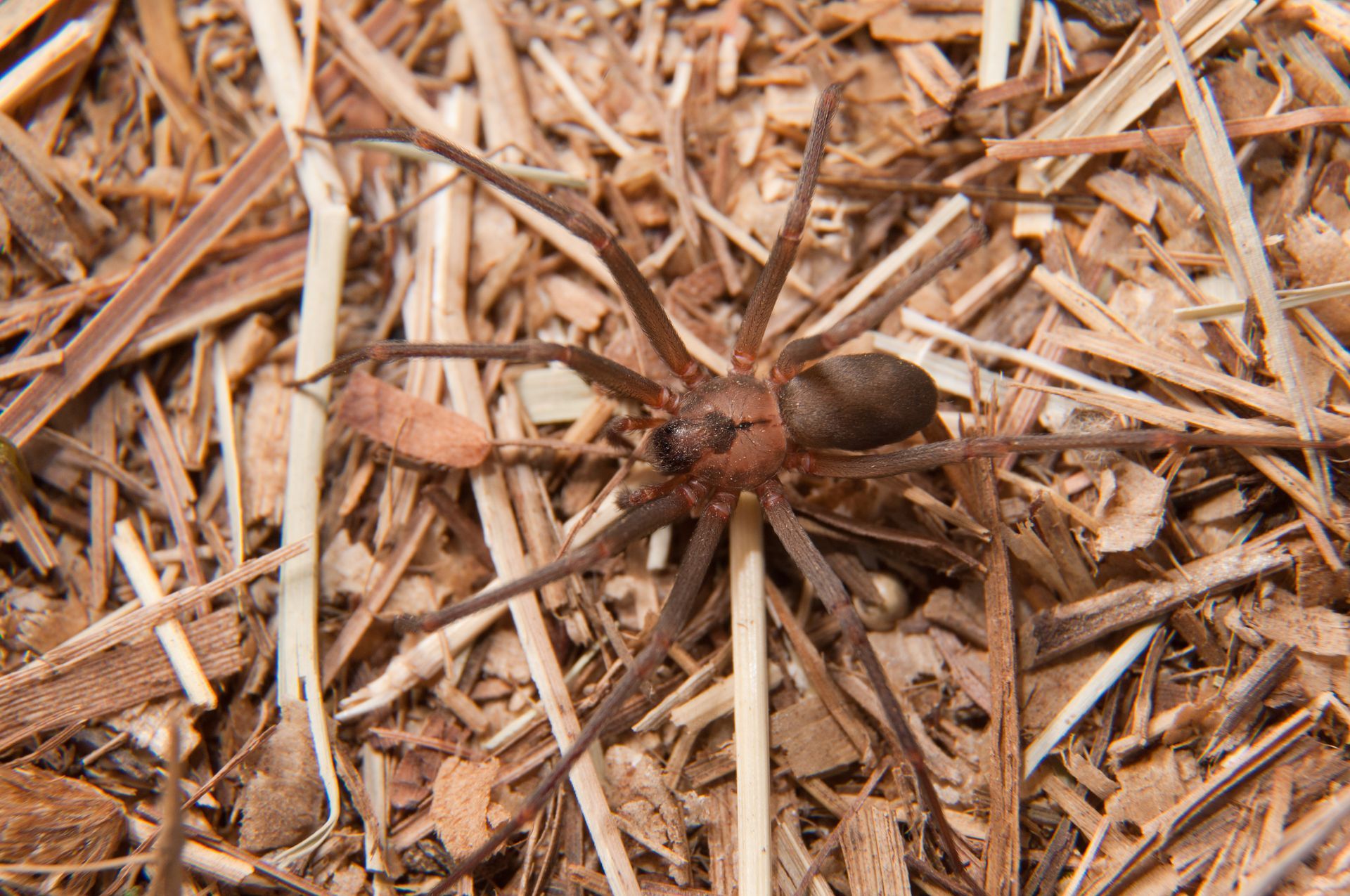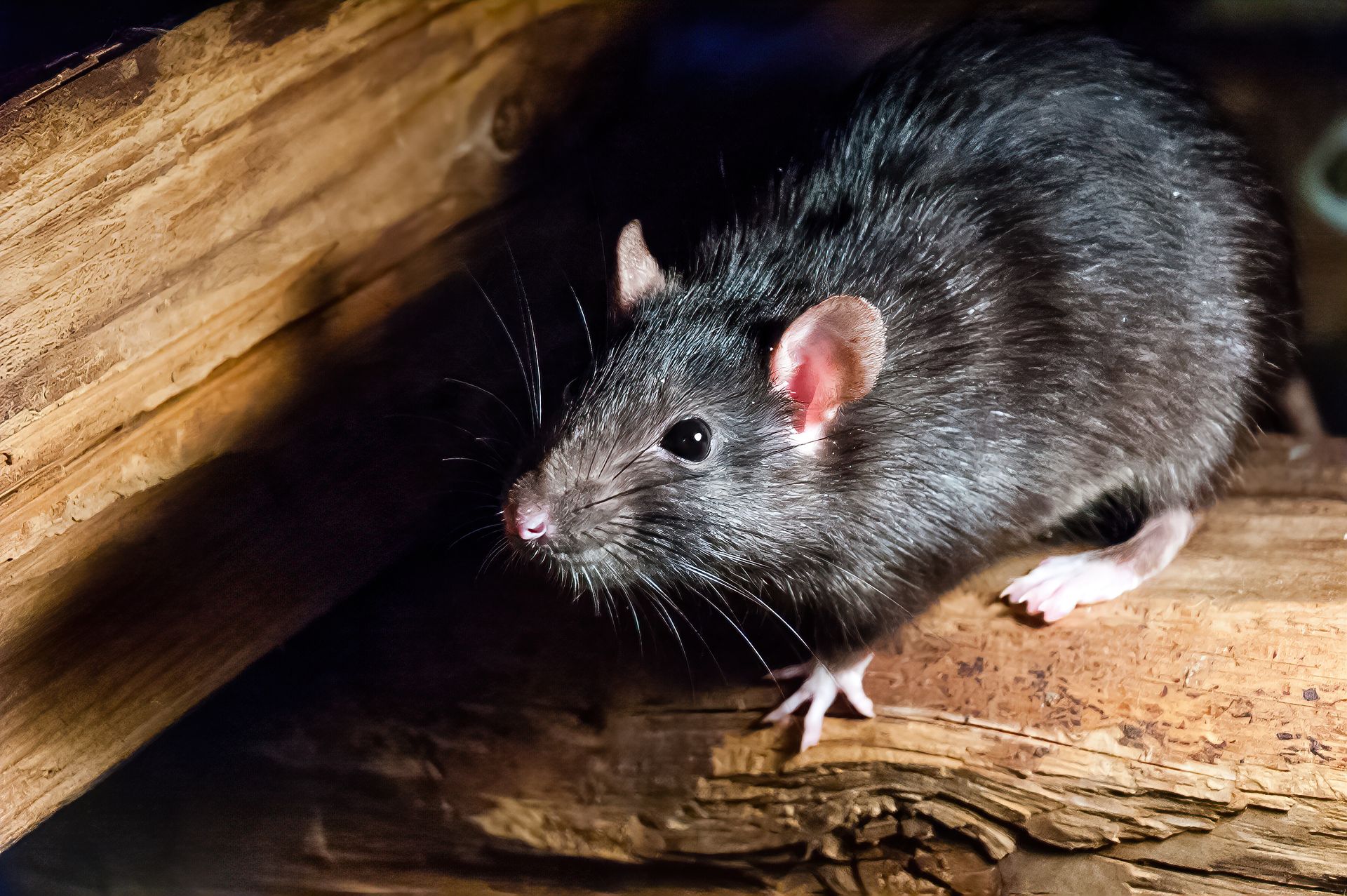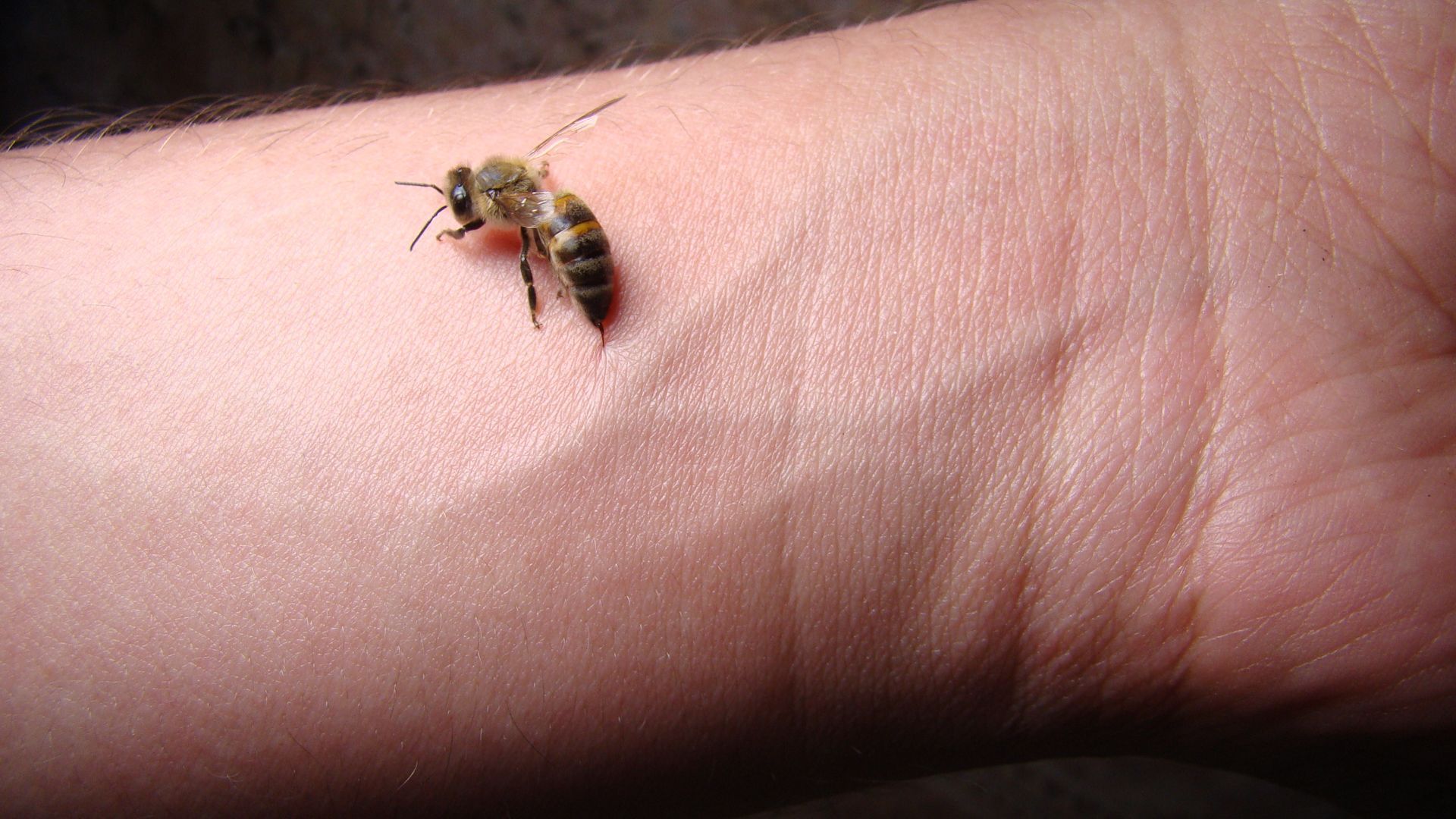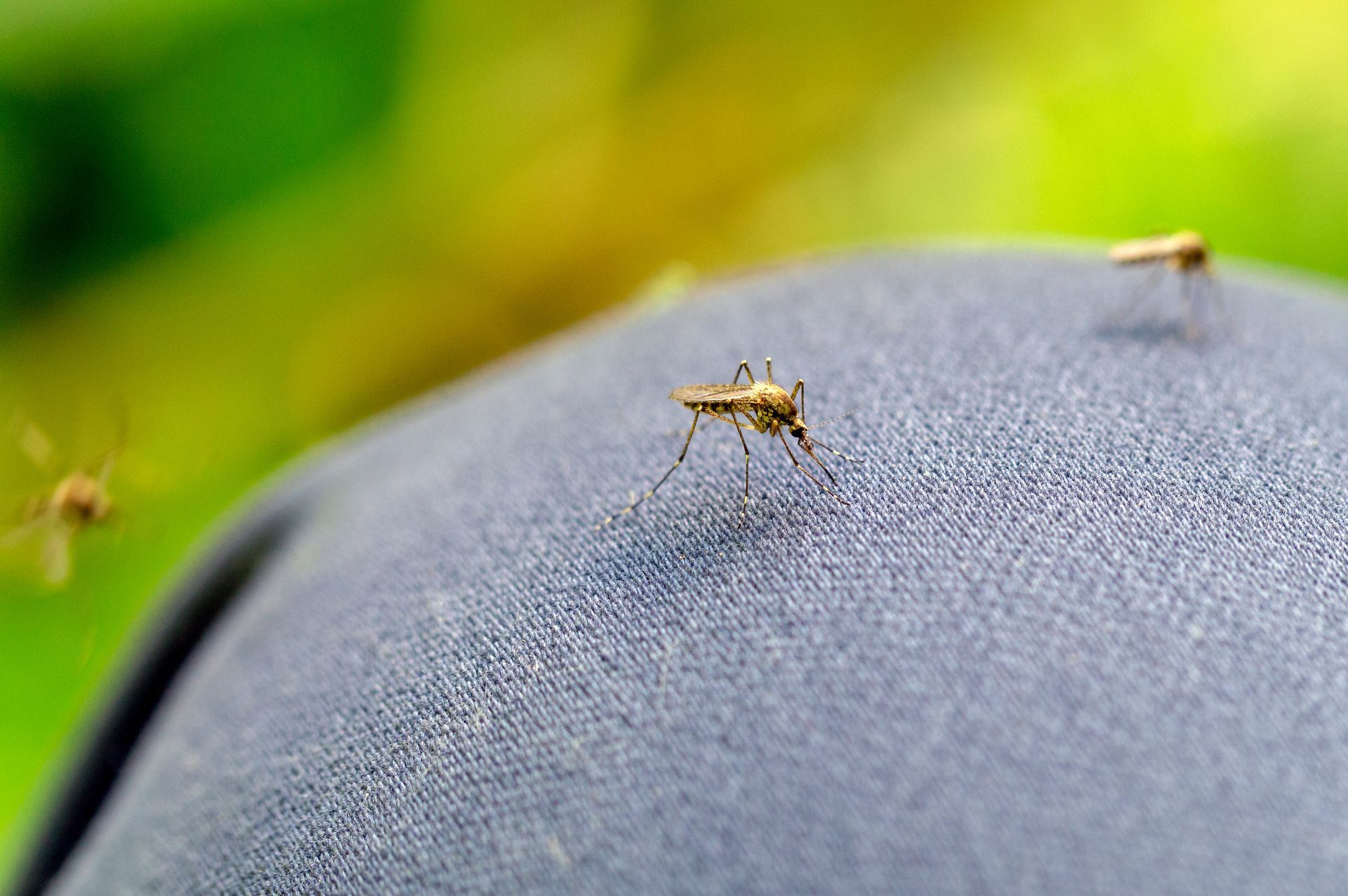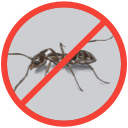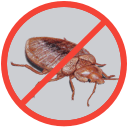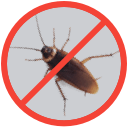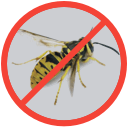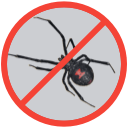How to Get Rid of Spiders in Your Home and Yard
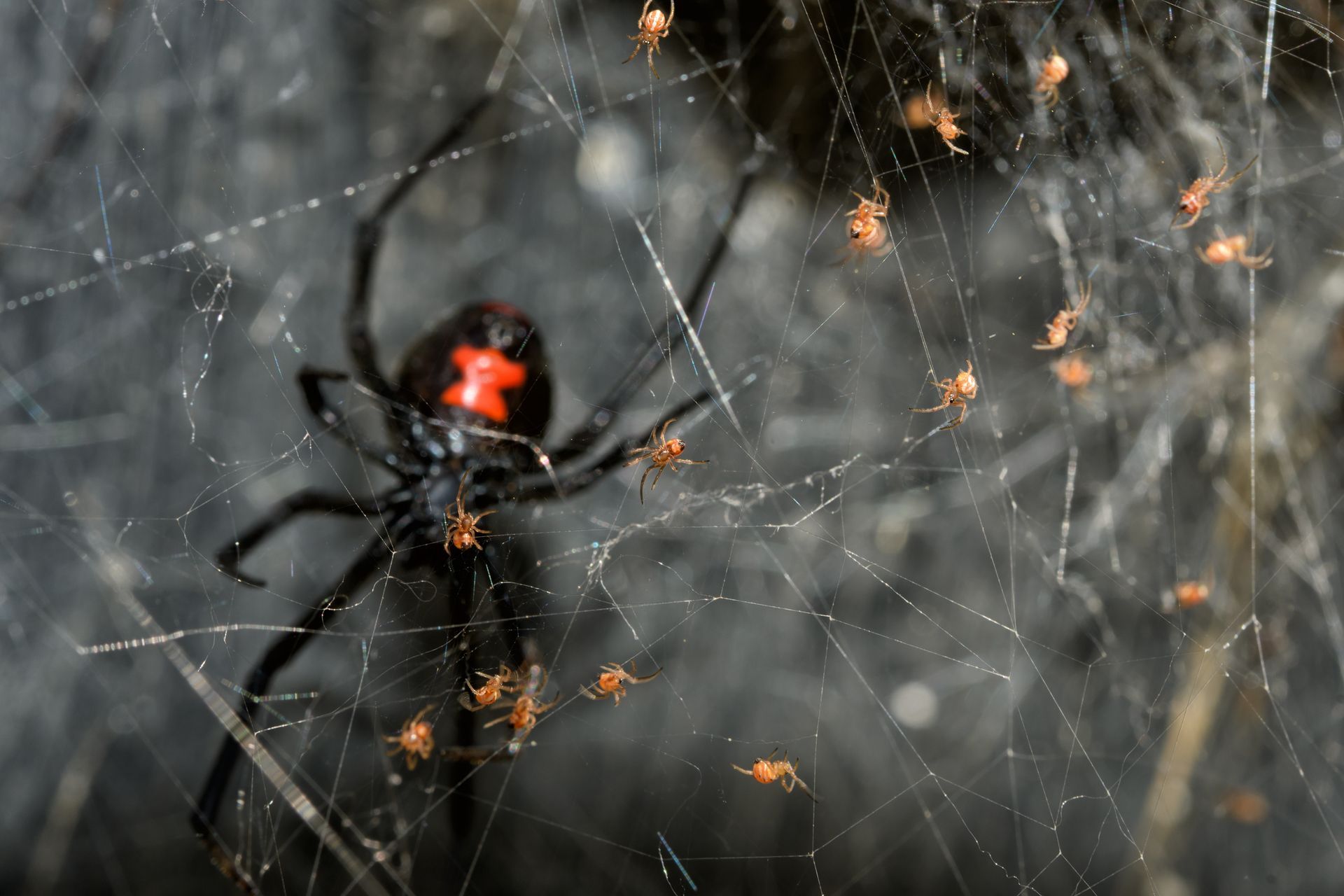
Even though most spiders are harmless and are often beneficial predators that feed on other insects, they are never a sight for sore eyes. Most homeowners are hesitant to share their homes with them and would rather get rid of spiders regardless of the benefits they provide. They are perceived as scary and threatening and usually reproduce quickly causing spider populations to grow rapidly. To get rid of spiders, a homeowner must identify signs of spider activity to discover problematic areas and then take steps to clean up any webs they may be using to capture their prey and as shelter and treat areas to prevent spiders from returning.
How to Identify Spider Activity
Most spiders have the same indicator, cobwebs. Finding spider webs in or around your home is usually the strongest sign that there are active spiders around your home and yard. Spiders are solitary bugs that will spin their webs in a place that is left undisturbed and most likely to catch other insects to feed on. This could be in a garage, basement, shed, or any number of places outside. The other sign of spiders is finding small silk egg sacs that once contained spider eggs. Finding these sacs indicates that spiders are reproducing. These egg sacs are usually found near spider webs but can also be located attached somewhere safe and hidden. Each sac can contain hundreds of spider eggs which can cause a spider population to explode after one generation.
How to Get Rid of Spiders in Your Home or Apartment
If spiders are discovered, it is important to understand that they have managed to proliferate due to the presence of other insects to feed on. Getting rid of spiders usually requires a general pest treatment strategy to ensure that spider populations won’t just come back after spiders are eliminated. In addition to general pest treatment, there are several other ways to help mitigate spider populations:
- Implement spider traps: Sticky glue traps can be placed in areas that have shown signs of spider activity to help trap spiders. General purpose sticky traps can be purchased at home and garden stores and then placed anywhere spider webs have been seen. These traps will also catch other bugs which may attract spiders, causing them to get stuck.
- Cobweb cleanup: Spider webs can be cleaned up by using a vacuum or a duster to destroy and remove the web. These webs can usually be found in the corners of rooms and other areas that often go undisturbed.
- Eliminate clutter: Excess clutter provides spiders with areas to hide and create webs. Removing these hiding places will usually expose webs that are hidden and allow proper cleanup.
- Regularly clean up storage: Because spiders like to hide in undisturbed areas, going through and checking storage spaces and containers for spider activity will help identify problematic areas that should be cleaned up.
- General cleanup: There are several other places that often go undisturbed where spiders can set up their webs. Maintaining a clean household and ensuring that spaces like under furniture, inside cupboards and drawers, and under sinks are checked and cleaned regularly will help eliminate spiders.
- Apply residual pesticides: Once areas that show spider activity have been cleaned up, a residual pesticide spray can be applied to kill off any remaining spiders and prevent new spiders from appearing.
How to Get Rid of Spiders in Your Yard and Garden
Eliminating spiders outside is always a good way to help reduce inside spider populations because spiders will eventually find their way in if there is ample food, water, and shelter. That being said, it is important to remember that spiders are an important component of every ecosystem, so eliminating spiders when they are not posing a problem may be unnecessary. If spiders are a problem, it helps to:
- Use natural biological spider deterrents: There are certain naturally occurring spider deterrents like eucalyptus and mint that can be planted around your home to repel spiders. It is important to note that mint can be an invasive species of plant and should only be planted in pots.
- Change outdoor lighting: Lighting can attract other insect which in turn attract spiders. By changing outdoor lighting to yellow lightbulbs, other insects won’t be attracted or available to feed spider populations.
- Clean up landscaping: Cleaning up outdoor debris, keeping bushes and trees trimmed, cutting tall grass, and eliminating unnecessary vegetation will help minimize the places that spiders can hide. Also be sure to keep all plants trimmed away from a home to reduce a spider’s ability to use plant life as a bridge to gain access to a home.
- Apply perimeter pesticide sprays: Using a residual pesticide spray to lay down a perimeter barrier will help prevent spiders from crossing the threshold into a home.
- Eliminate webs: Finding webs outside and eliminating them is as important to spider mitigation as removing the webs inside. Spaces that have webs are where spiders are feeding, mating, and reproducing.
How to Prevent Spiders
The best way to eliminate spiders it to prevent them from happening altogether. By implementing preventative measure designed to reduce spider populations, homeowners can manage the problem before it starts. Follow these steps to help prevent spiders:
- Spider exclusion: Spider exclusion requires that any access points that may allow spiders into a home be eliminated. Screen windows with tears should be fixed, any gaps and cracks should be sealed, and doors should be fitted with sweeps that eliminate the gap below the door.
- Dust and vacuum regularly: Simply disturbing areas that are often left unchecked can disrupt any potential spider activity and prevent spiders from creating nests.
- Introduce strong smelling spider deterrents: Spiders will be deterred by strong smells like peppermint oil, cinnamon, and vinegar. Spray these liquids anywhere there has been spider activity to reduce the likelihood of the spiders returning.
- Reduce anything that will attract other pests: Spiders feed on other insects so by reducing the attractants that draw in other bugs like excess food or water, homeowners can reduce the likelihood of spider activity.
- Preventative pesticide application: Even if spiders are not a problem now, applying a residual pesticide application where spider and other bug activity may occur can help prevent spiders from every becoming a problem.
What Attracts Spiders
Spiders, like all living creatures, require the bare necessities to survive which are shelter, food, water, and mates. If any of these resources are readily available, spiders will find them and make themselves at home. It helps to eliminate the following spider attractants:
- Food sources: General pest control can help reduce the number of cockroaches, flies, earwigs, crickets, and other bug species that spiders regularly eat. Spiders will often get their fluids from these bugs to so removing bugs will eliminate a spider’s source of both food and water.
- Habitat: Spiders will search out areas to create webs that are undisturbed. By having regular cleanings and checking places like garages, basements, and attics, most spider populations can be kept under control.
- Mates: Spiders will search for mates and the more spiders there are, the higher the chances that more spiders will come looking for a mate. Just like eliminating other bugs, keeping spiders under control will also reduce the likelihood of spiders seeking out mates to reproduce.
Which Spiders Should You Get Rid Of?
Even though most spiders are considered something that homeowners would rather not deal with, they do provide lots of benefits to maintaining other pest populations. That being said, there are a couple species of spiders that pose a potential health threat. Black widows and brown recluses have a venomous bite that can cause severe pain and even damage skin tissues. It is important to know what these spiders look like and how they behave so they can be identified. If large populations of these 2 types of spiders are found, professional pest control experts should be called in treat an area and safely eliminate the venomous spiders.
- Black Widows: These spiders have a shiny black exoskeleton with a red hourglass symbol on their large bodies. These spiders are common all over the US and easily identified. Their webs have an extremely strong tensile strength and are usually spun chaotically compared to the typical spider webs that create a net like pattern.
- Brown Recluses: These spiders have smaller bodies and are brown with a black violin shaped marking on their back. They are common in southern and midwestern states and usually found outside.
Contact EcoGuard if You are Dealing with Spiders
If you are dealing with spiders inside your home or yard, it may be time to call professionals to help provide treatment. The experts at EcoGuard Pest Management have decades of experience exterminating spiders and implementing treatment strategies designed to effectively eradicate all signs of spider and prevent them from coming back. Our licensed spider control technicians will clean up cobwebs as well as implement exclusion strategies and apply perimeter pesticide sprays to eliminate your spider problem. Call today to schedule a free inspection!
Request A Free Estimate
We will get back to you as soon as possible
Please try again later
Immediate Service Available
Services
Customer Care
Legal
Working hours
- Mon - Sun
- -
All Rights Reserved | EcoGuard Pest Management | All Phone Calls Recorded | By Using Website You Agree To Terms Of Use



